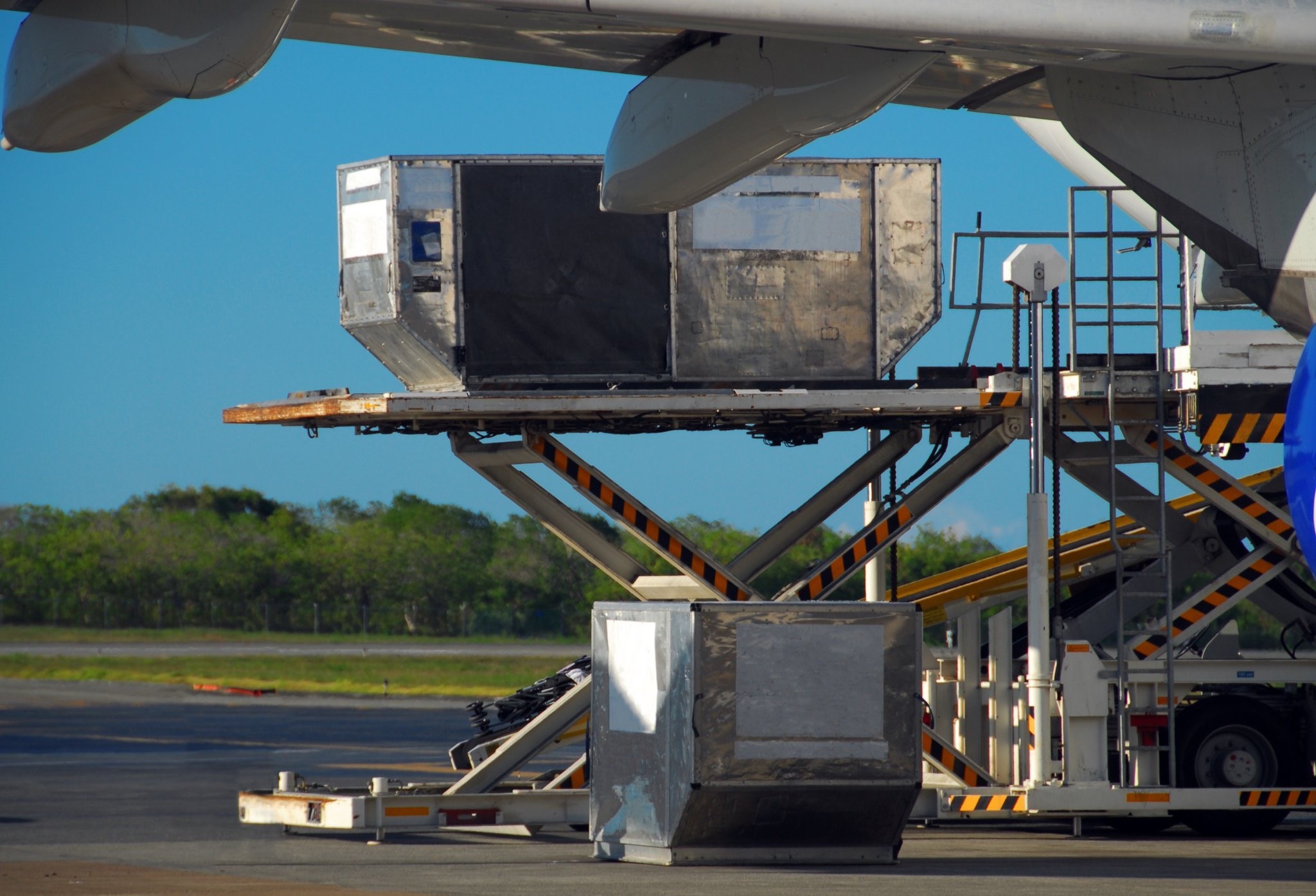 In Bejing Alexandre de Juniac, IATA’s CEO gave an overview of the state of the airline industry and the Chinese aviation development.
In Bejing Alexandre de Juniac, IATA’s CEO gave an overview of the state of the airline industry and the Chinese aviation development.
State of the Industry
We announced our latest industry financial forecast in December. Globally, we expect airlines to collectively make a net profit of $29.8 billion this year. That’s a net profit margin of 4.1%, and the third consecutive year airlines will make a return on invested capital (7.9%) above the weighted average cost of capital (6.9%). While airlines are in profitable territory, there are some risks – a slowing global economy, increasing protectionism, and security concerns are some of them.
Turning to China
China’s aviation development is impressive. Today, Chinese airlines and airports rank among the top 10 by passenger numbers. Investment in infrastructure, including the second airport in Beijing will ensure that airport capacity is available to meet the expected traffic growth. IATA’s forecast is that by 2024, China will overtake the US as the world’s largest passenger market. And in 2035, China will be a market of 1.3 billion passengers.
On safety, the North Asia region – which includes China – had the lowest accident rate (all aircraft types) for the first six months of 2016 and five year average (2011-2015). We will be announcing the 2016 safety performance in the coming weeks.
Reducing Flight Delays
Airlines are concerned about the flight delays in China. As capacity is being built on the ground it needs to be matched with increased airspace capacity.
According to data from the CAAC, the on-time performance of airlines was 76.48% between January and November last year, a 9 percentage point improvement over the same period in 2015.
I recognize the authorities have taken steps to improve the situation. In January six additional entry/exit points were opened for flexible usage. These will help reduce delays and improve efficiency. Last year an IATA-ATMB liaison desk was established. It will improve the coordination with foreign carriers and enhance the predictability of flight operations.
More still needs to be done to address the delay situation. This includes a restructuring of the air route network and closer civil military air traffic control cooperation to allow rerouting flexibility, especially during bad weather. IATA is providing support for these efforts.
Adopting Global Standards
The efficiency of the aviation industry is built on global standards. This is seen in how we manage safety, how aircraft or cargo are handled, and how we travel. As a global organization, IATA is involved in developing these standards, with the support of our members.
Global standards help the Chinese airlines do business around the world. They work with their airline partners to connect passengers travelling from China to other parts of the world on a single transaction. Many Chinese airlines are also using the New Distribution Capability standards – which will modernize how they distribute their products. And recent changes to the civil aviation security requirements will facilitate the use of mobile boarding passes for air travel and e-air waybill for airfreight in China, improving the passenger experience and cargo efficiency
Global standards are also needed for slot allocation. The IATA Worldwide Slot Guidelines (WSG) is recognized by ICAO as the global standard. The network nature of the airline business means that global standards are critical for this process. They work best when everybody is using the same rules. Having a slot to take off from China is only useful if they have a slot to land in the destination airport.
Some work is needed in this area. The IATA team is working with the CAAC to try and align China’s slot allocation process with the WSG. I understand the slot auction trial introduced in Shanghai and Guangzhou airports last year is unlikely to continue. However, a new regulation to improve on time performance has been announced for implementation in July for the foreign airlines. The regulation requires airlines to operate 92% of their flights on time. We are clarifying the details of the new regulation, including whether the 92% performance target is achievable for long haul flights.
IATA in China
It has been 23 years since we established our presence in China. Today 17 airlines in Mainland China are IATA members, including five new member airlines last year.
What started as an office of three persons is today a regional office with over 100 people. The team under the leadership of Zhang Baojian, our Regional Vice President for North Asia, will continue to share our global perspective, standards and expertise to support China in its aviation development.



